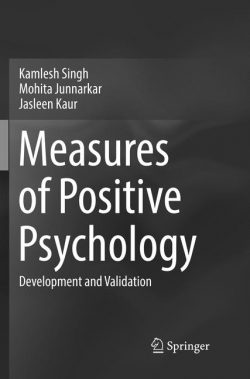- Interrogation of minority suspects: pathways to true and false confessions.
- A comprehensive evaluation of showups.
- The weapon focus effect for person identifications and descriptions.
- The psychology of criminal jury instructions.
- Structured risk assessment and legal decision making.
- Children’s participation in legal proceedings: stress, coping, and consequences.
- Sex offender policy and prevention.
- The psychology of tort law.
Interrogation and the minority suspect: Pathways to true and false confession.- A comprehensive evaluation of showups.- The weapon focus effect for person identifications and descriptions: A meta-analysis.- “It will be your duty…:” The psychology of criminal jury instructions.- Structured risk assessment and legal decision making.- Children’s participation in legal proceedings: Stress, Coping, and Consequences.- Sex offender policy and prevention.- The psychology of tort law.
Monica Miller is an Associate Professor at the University of Nevada, Reno with a split appointment between the Criminal Justice Department and the Interdisciplinary Social Psychology PhD Program. She is on the editorial board of the journal Psychology, Crime & Law. She has authored or edited 6 books and over 100 articles and chapters. Her primary research interests are in jury decision making and factors that relate to community sentiment toward various legal issues.
Brian Bornstein is a Professor in the Department of Psychology, Courtesy Professor of Law, and the Director of the Law-Psychology Program at the University of Nebraska-Lincoln. He is past editor of the journal Psychology, Crime & Law. He has authored or edited 15 books and more than 150 journal articles and chapters. His primary research interests are jury decision making and eyewitness memory.
This first volume of an exciting annual series presents important new developments in the psychology behind issues in the law and its applications. Psychological theory is used to explore why many current legal policies and procedures can be ineffective or counterproductive, with special emphasis on new findings on how witnesses, jurors, and suspects may be influenced, sometimes leading to injustice. Expert scholars make recommendations for improvements, suggesting both future directions for research inquiries on topics and needed policy changes. Topics included in this initial offering have rarely been considered in such an in-depth fashion or are in need of serious re-thinking:
- Interrogation of minority suspects: pathways to true and false confessions.
- A comprehensive evaluation of showups.
- The weapon focus effect for person identifications and descriptions.
- The psychology of criminal jury instructions.
- Structured risk assessment and legal decision making.
- Children’s participation in legal proceedings: stress, coping, and consequences.
- Sex offender policy and prevention.
- The psychology of tort law.
Contributors of this volume offer theoretical explanations and policy implications





